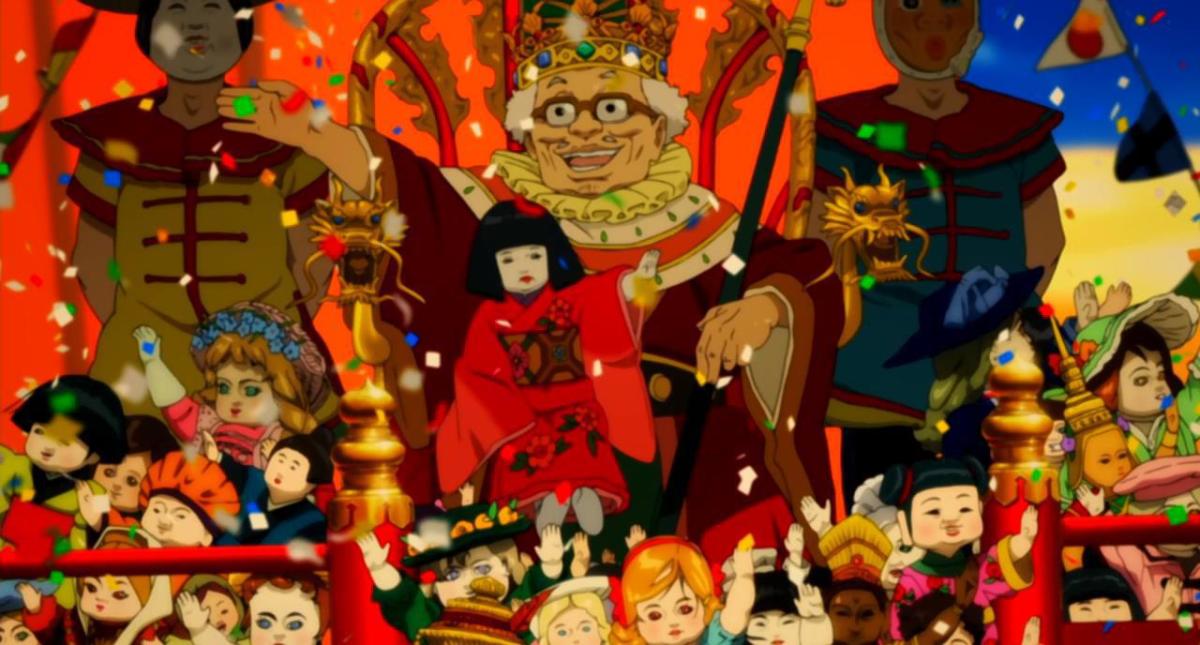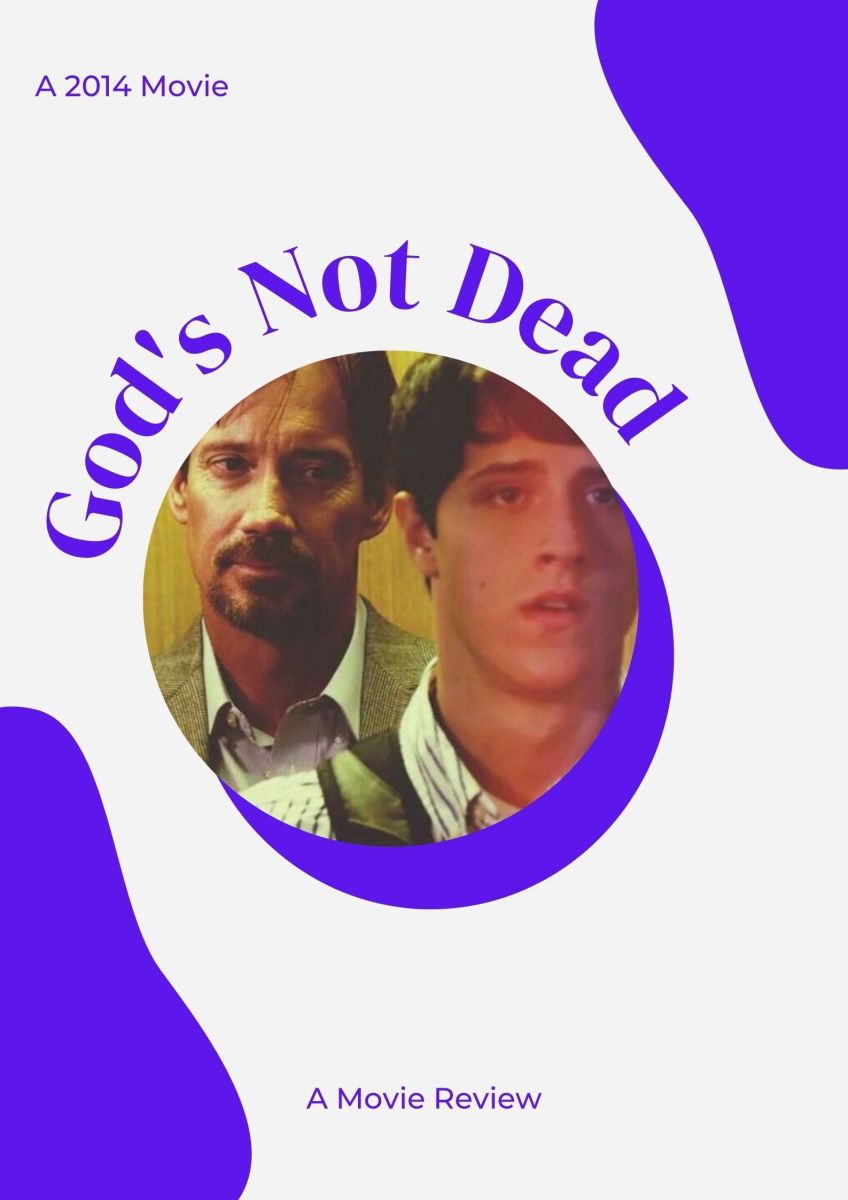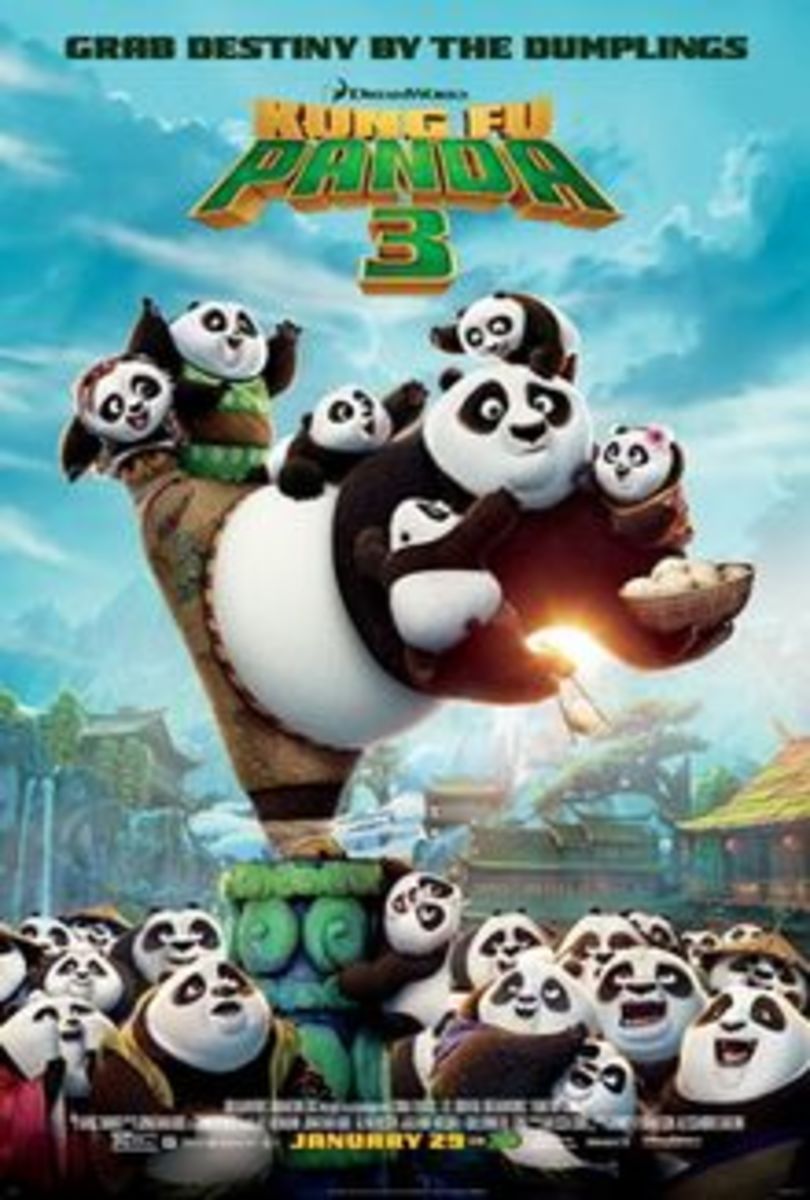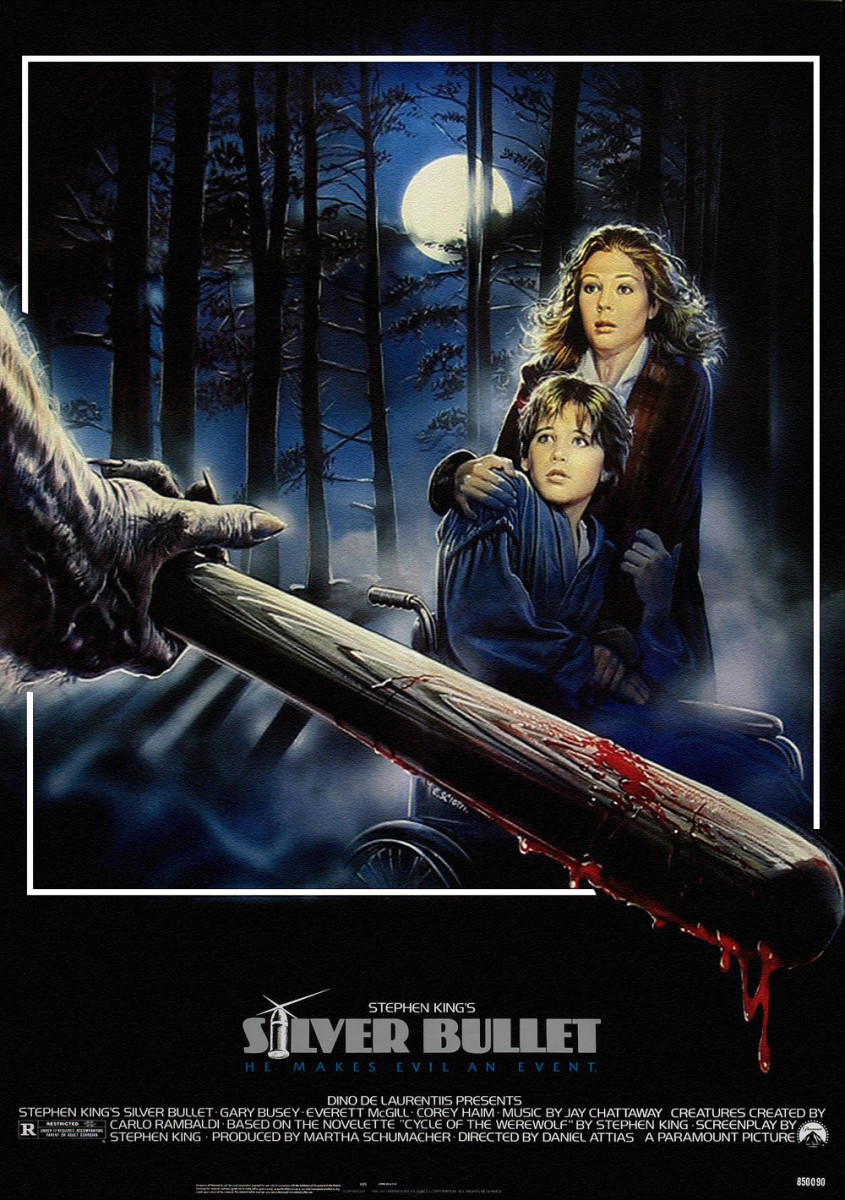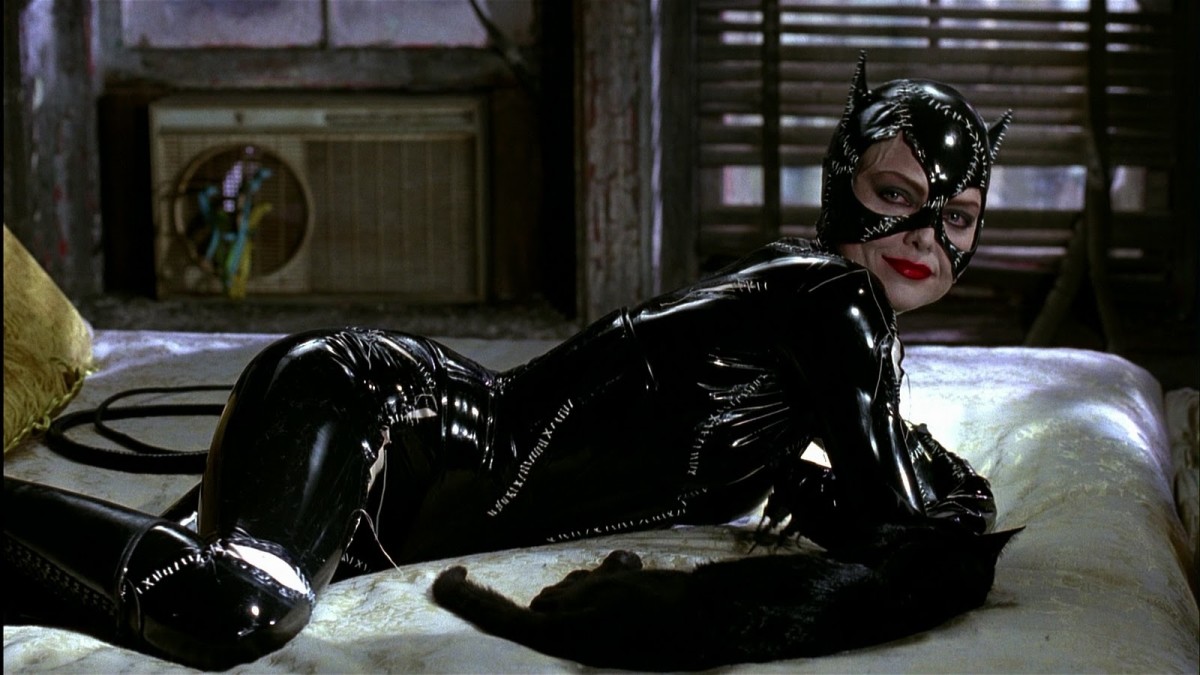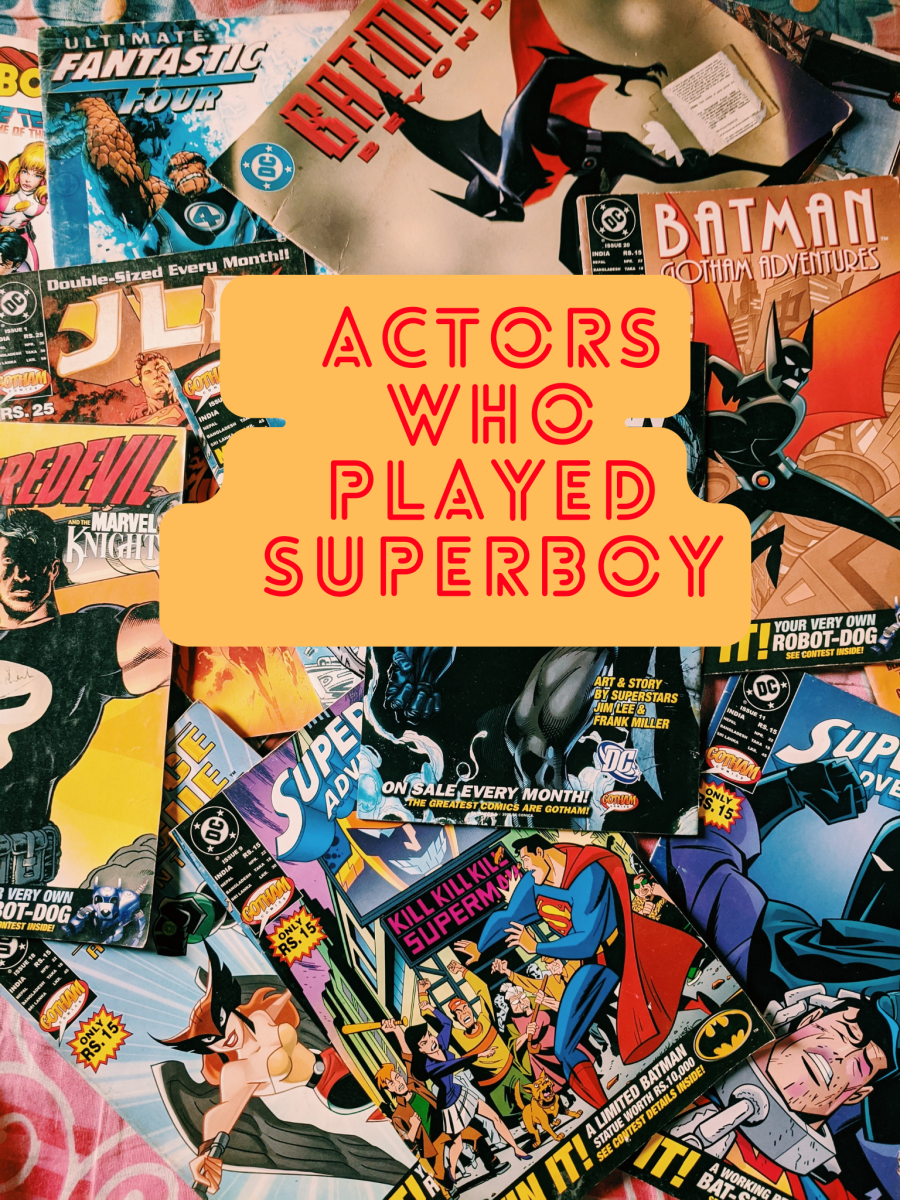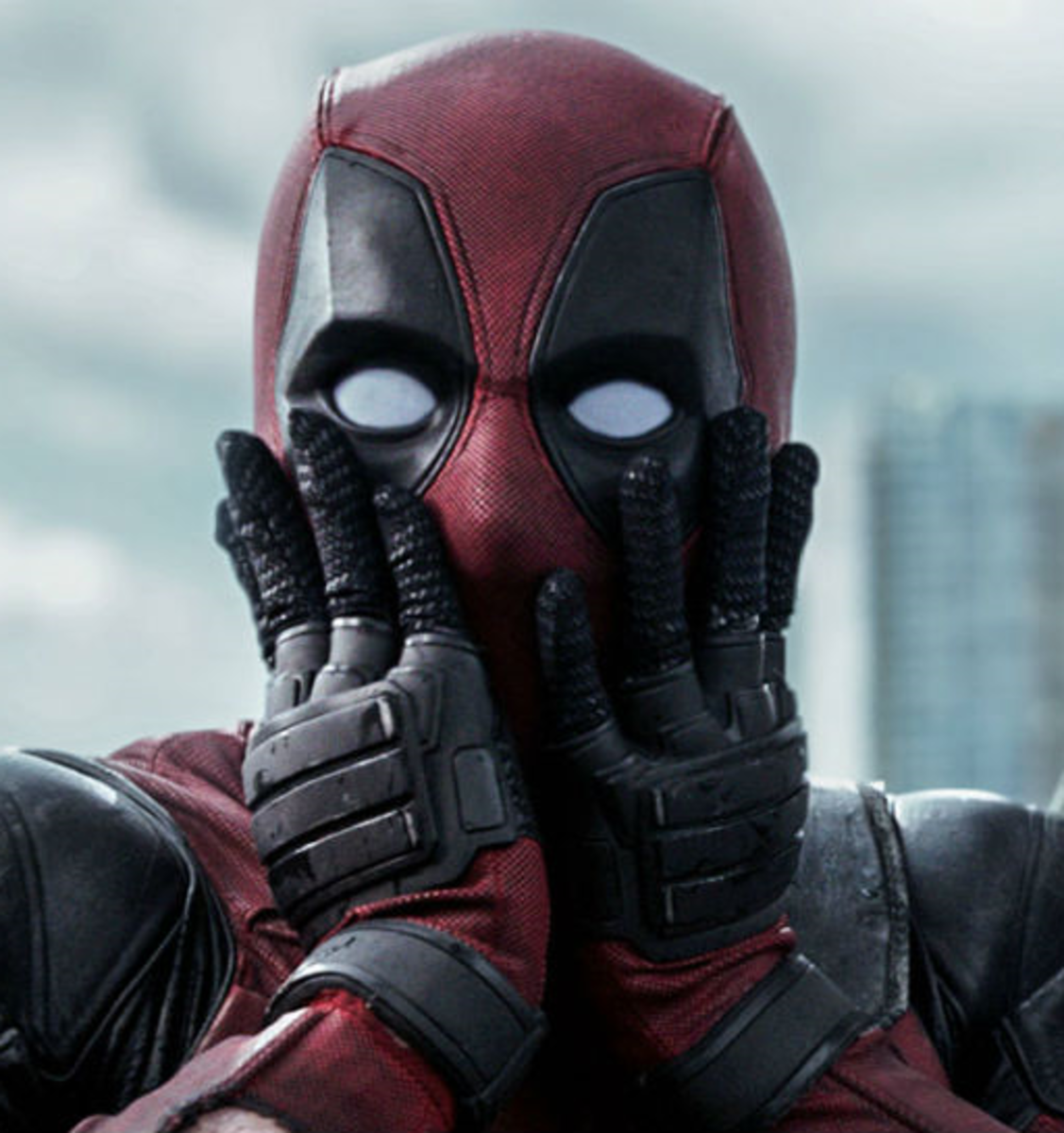- HubPages»
- Entertainment and Media»
- Movies & Movie Reviews»
- Science Fiction & Fantasy Films
Dr. Strange (2016): A Movie Review
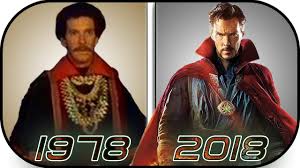
I have watched many YouTube videos looking at whatever it is that is supposed to be ailing Warner/DC Studios, with respect to its "extended universe,"... blah, blah, blah...
Now, one of the videos I saw (which shall remain nameless), made a remark, in passing, about a film I liked: Suicide Squad. He noted that the villain, the Sorceress, is not a villain to be confronted by a motley crew of ultra outlaws; no, this is a job for the DC universe's Sorcerer Supreme, Dr. Fate.
I don't think that's right. In my opinion, the 2016 film, Dr. Strange, not only shows that this sentiment is not right; but it also proves how appropriately the threat of the Sorceress was coped with by "Suicide Squad."
When I borrowed the Dr. Strange DVD, for free, from my local public library, and took it home and viewed it, my reaction was: Well, that was underwhelming. Emphasis on the UNDER!
The first thing I want to say is this: It is my belief that Hollywood is still struggling with how to present magic-on-magic confrontation in live-action film.
And for this reason, having a movie in which Dr. Fate confronts the Sorceress, would not have made for a better film. I think it would have made for a movie, much like we got with Dr. Strange (2016).
Before we get much deeper, I want to reiterate something that I mentioned in the past.
When I talk about films, here on Hub Pages, I am only ever referring to their theatrical releases. When I get my hands on a DVD, I always click the theatrical version, for the one and only version I will look at.
I do not concern myself with "extended" versions or "director's" cuts. I particularly eschew so-called "deleted scenes," the preservation and repackaging of which, I consider to be a minor abomination.
With that said once again, let me proceed to back up the statement that Hollywood continues to struggle with how to present magic-on-magic confrontation in live-action film. I find that I have to do this by comparing Dr. Strange, unfavorably, with the films: Green Lantern (2016) starring Ryan Reynolds and the first Matrix (1999) starring Keanu Reeves.
The more I think about Dr. Strange, the more I find myself reinforced in the notion that there is something very weird about the film: All of the magic stuff that is done by the magical people, including Strange himself, is done within a zone of isolation, which is completely removed from the sight, hearing, and awareness of all of the Earth's civilian, mortal population.
Now, at least in the first Matrix film, the world is a dream-world created by the collective, albeit machine-induced dream of the Earth's population. Becoming aware that you are dreaming gives you superhuman capabilities within that dream, the dream that is "The Matrix." Furthermore, if your dream-self dies, whether superhuman or not, the real you.
That is not what we get with Dr. Strange. To tell you the truth, I felt like I was watching a bunch of kids play a sorcery role-playing game in their backyard, for all the "stakes" that seem to have been involved --- which is to say, not much at all.
Perhaps the filmmaking team felt that having characters, dressed like Shaolin monks, who can fire bolts of magically-generated energy at one another (that can actually do physical damage in the physical world, for all the world of humans to see and hear), would have been too silly.
Now, not only is the magic-based action removed from the perception of everyone else on Earth; but the magic itself is downgraded to such an extent that all we get, in effect, is something like electrically-powered brawling --- and badly choreographed brawling at that.
Understand this: In this film, ordinary human beings are even denied the role of screaming and running away like terrified sheep --- which is the usual role for ordinary human beings in superhero movies --- because, again, they are completely unaware that anything is going on.
In this film, Dr. Strange defeats, or advantageously stalemates a Uber-demon called Dormammu, through a contrivance I still, frankly, cannot get my head around.
I should say that the film makes a big deal about Strange's inventiveness and cleverness in finding ways to combine science and magic.
The thing that gave Green Lantern (2011) such a solid ending, is the fact that Green Lantern ( test pilot Hal Jordan) defeated the Dormammu-equivalent, Parallax, in a way that is similar and parallel to the way he conquered another supposedly unbeatable challenge (an aerial duel between himself and a super duper, oh so sophisticated computerized fighter plane system, blah, blah, blah...).
Perhaps Dr. Strange could have been given a better ending by relating the method by which he defeats Dormammu --- to that of his original, pre-Sorcerer Supreme expertise as a surgeon. Suppose that, as a surgeon, he was presented with a case of a supposedly "inoperable" brain tumor; but through his sheer genius, brilliance, nerves of steel, and iron-willed resolve and all that, Dr. Steven Strange manages to excise the tumor and save the little boy's life.
Perhaps he could have applied this experience to a way of viewing the entity of Dormammu, and figuring out a way to "excise" Dormammu from our galaxy or dimension... blah, blah, blah... something like that.
In other words, I would have appreciated more development of the scientific and medical philosophy of Dr. Strange, which he is able to put to good use against supernatural and cosmic threats --- instead of a simple, and by this point, not too original cobbling together a fusion of science and magic.
Thank you for reading!

